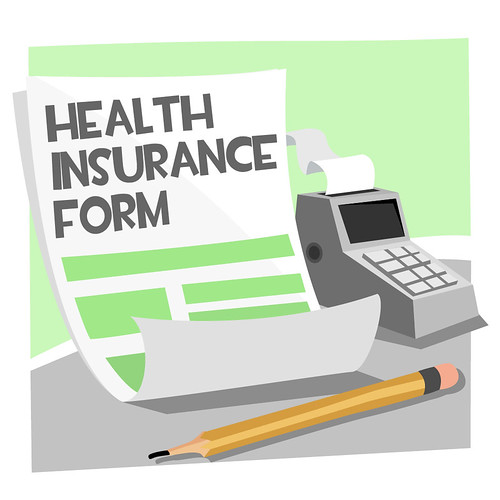If you go without any form of health insurance, you are taking a serious risk that nothing bad happens to you. A broken bone, an unexpected illness, or any sort of trauma can lead to a pile of bills you cannot pay. So it is always good to have a nice health plan just in case anything goes wrong, and this article can help guide you in the right direction with the tips provided.
Health Insurance
When you choose health insurance, know what your policy covers. If you have health insurance that protects you in these situations, it can make big differences in managing downtime.
If you have recently graduated from college and you need health insurance, you have a couple options. Many employers will provide health insurance for their employees that you can use. You can also consider your parents’ insurance if you are below 26 years of age. If nothing else works, there are a ton of personal plans available through insurance companies, too.
Reevaluate your insurance plan during your open enrollment period to make sure you are getting the best coverage that meets your needs. Just because something worked for you previously, it might not work now, especially if you have different health care needs. During the period of open enrollment is when you can make changes to vision and dental insurance if that is something your employer offers.
Individual policies may have higher expenses than those offered by group plans. You might have to choose an insurance with a bigger deductible, or one that has a less coverage, or both. Compare the premiums, deductibles and coverages of multiple providers.
The way you manage your health care insurance may actually earn you tax breaks around April. Many people do not realize that the premiums you pay for health insurance are tax deductible. Money can also be deducted from prescriptions and visits that aren’t covered by the insurance and your deductible. Check the guidelines since federal and state taxes differ.
Expect your policy to have a number of loopholes. Thoroughly read your policy, so you wont be surprised when they tell you that your insurance doesn’t cover something. You need to be ready to pay for things on your own that are not covered. Some medications and procedures are not always fully covered by insurance.
When your health insurer telephones you during the insurance application process, do not volunteer any extra information. Just give them answers to the specific questions they ask you. By volunteering extraneous details, it is likely that they will note them in your file and possibly increase your policy costs or deny coverage altogether depending on the information you provided.
Health insurance is regulated by individual states, so it is important to understand the laws in the state where you live. This means that going to an out-of-state hospital might not even be covered in your policy. Insurance companies will use any excuse to deny coverage, so make sure you know what your policy says before you travel.
Make sure you choose a plan that covers any medications you currently take, as well as the basics, like antibiotics. The list of covered prescriptions changes annually, so it is important to be certain that your medication is still covered.
Find out if the company will charge you to have your husband or wife on your plan or if it is easier for them to do it through their own work. It may sometimes be more economical for you and your spouse to obtain individual insurance plans through your employers, so compare costs under both circumstances.
If you are someone who don’t use the doctor often, you should look into a HSA or Health Savings Account. Savings from premiums or deductibles go into this account and the money that is put into your HSA is not subject to state or federal taxes.
Be mindful of your bills. Even when having a plan related to health insurance, you could be in for a shock with some bills you weren’t expecting, such as the high cost of some medications. Many doctors just write the prescription without even thinking of offering you the option of a generic medication. Don’t hesitate to compare prices as well. Generics are generally cheap, but different pharmacies have different prices.
It is very important to have health insurance; you never know when you might need it. You or a family member can have an accident or get sick at any time. Compare a variety of insurance policies before you decide on the one that will best meet your needs.

